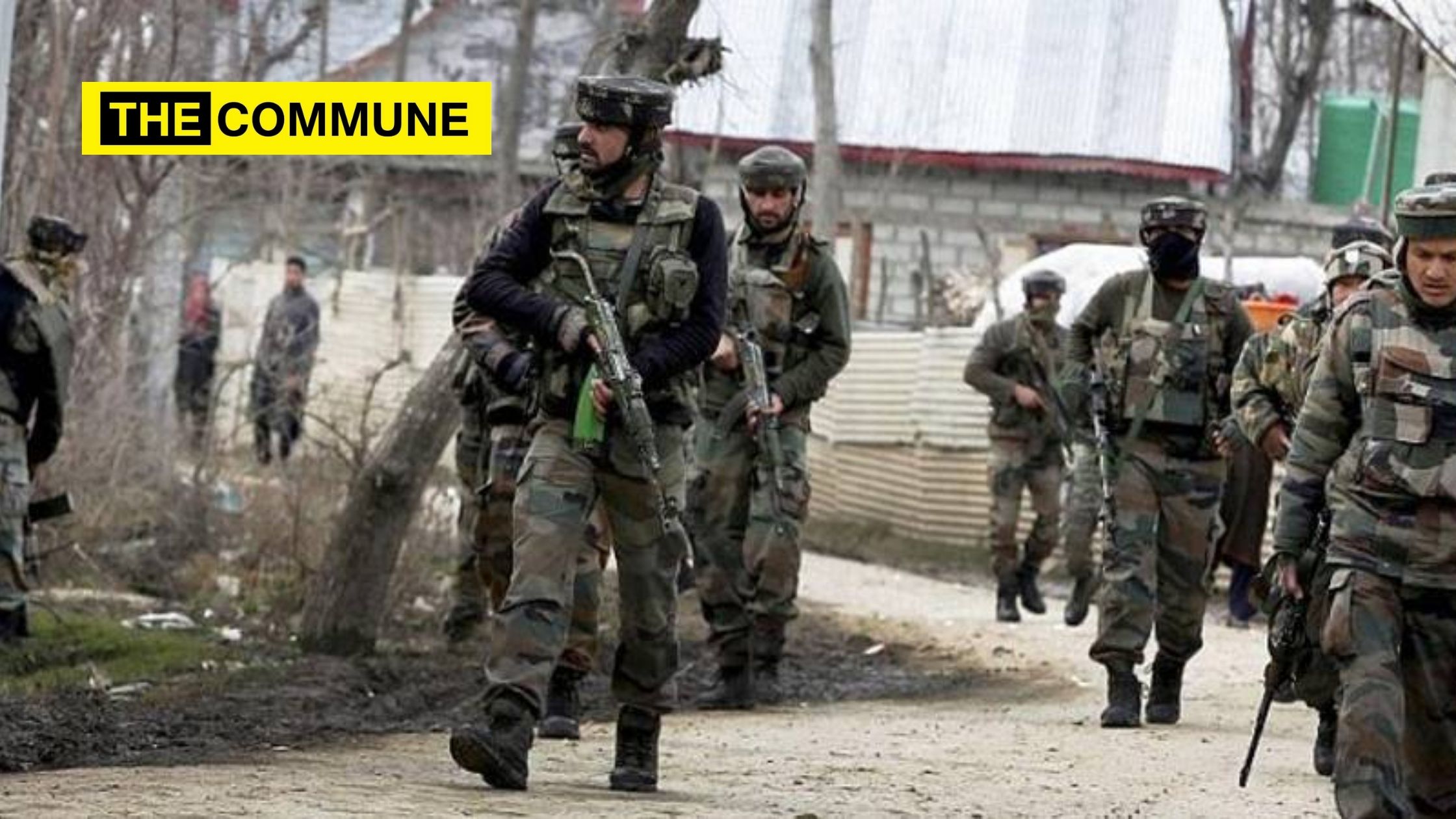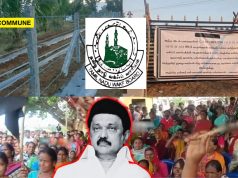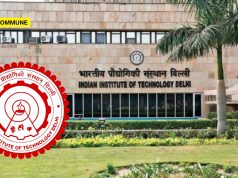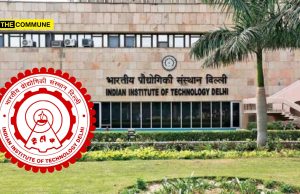
Featured Image: Indian soldiers in Jammu and Kashmir | Credits: News Nation
To understand radicalisation in India, the Ministry of Home Affairs (MHA) has approved a study that will give solutions to remedy and/or prevent the problem of radicalisation. The study will also give recommendations on how the Unlawful Activities (Prevention) Act can be amended, reports The Hindustan Times.
The ‘Status of Radicalisation in India: An Exploratory Study of Prevention and Remedies’ will be headed by GS Bajpai, Professor of Criminology and Criminal Justice. Professor Bajpai is also the Registrar of National Law University.
According to Professor Bajpai, the study will focus on the “process of radicalisation”, its actors, target youths and will be probably conducted in the four states of Maharashtra, Assam, Kerala and Jammu & Kashmir, where cases of radicalisation have been reported.
This study is important in many aspects as there is no clear definition of radicalisation in the Indian legal system.
“This study is about the status of radicalisation in India. This study will analyse the pattern and dynamics of radicalisation. Also, we will study actors of radicalisation and how they are targeting youth,” Bajpai told ANI.
“Thirdly we will study who are vulnerable targets. These targets are selectively identified by actors of radicalisation. Fourthly, we are interested in the idea of de-radicalisation. We need the blueprint to counter radicalisation,” Bajpai said.
Regarding any possible amendments to the UAPA on the basis of the study’s findings, Bajpai said, “We will also be critically reviewing the current legal aspects, UAPA Act primarily. We would study to define radicalisation and de-radicalisation.”
“Approximately 75 radicalised individuals, those undergoing de-radicalisation and de-radicalised individuals shall be sampled from each state. Similarly, 75 functionaries from law enforcement agencies, officers of correctional services and judges will be interviewed from each state,” Bajpai said.
“Lastly, approximately 50 relatives of the individuals, psychologists, psycho-social workers, counsellors, religious and community leaders will be sampled from each state,” he added.
Click here to subscribe to The Commune on Telegram and get the best stories of the day delivered to you personally.




